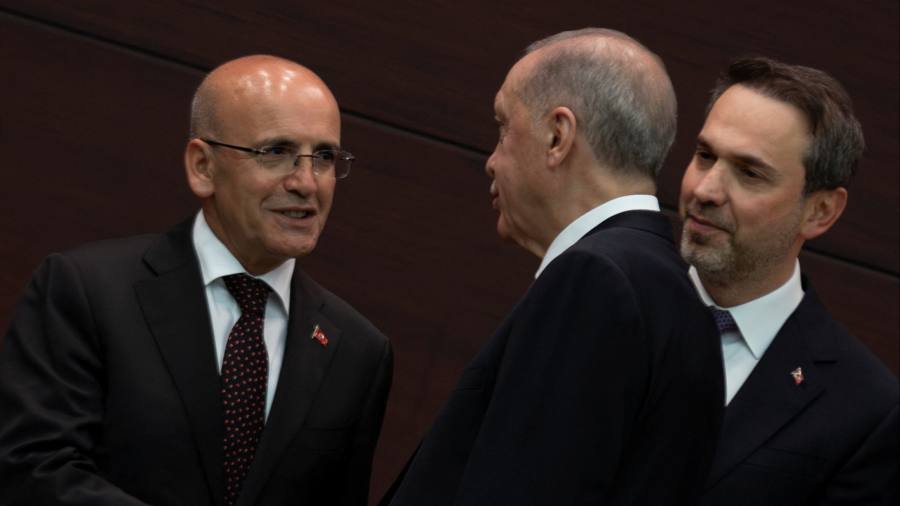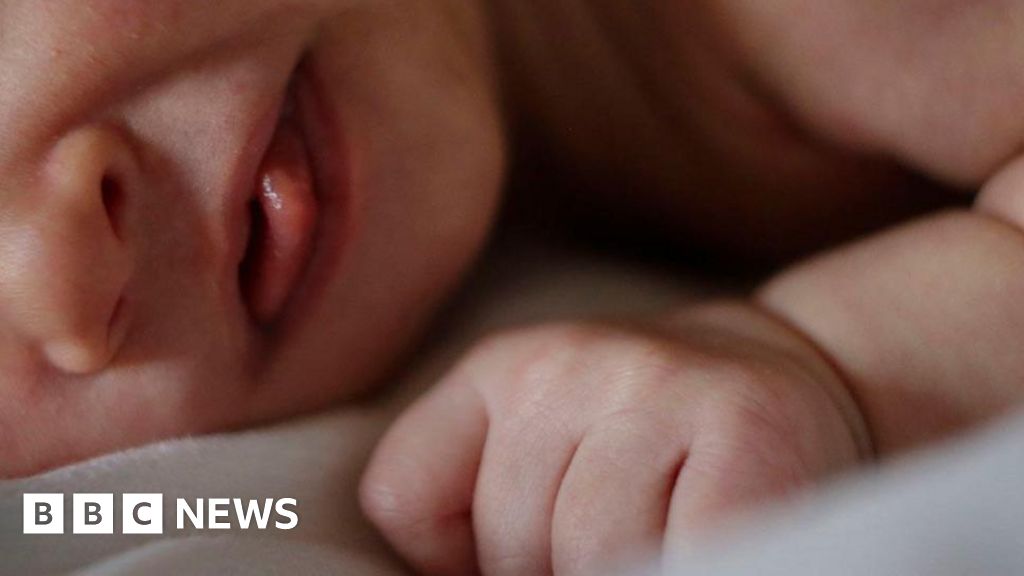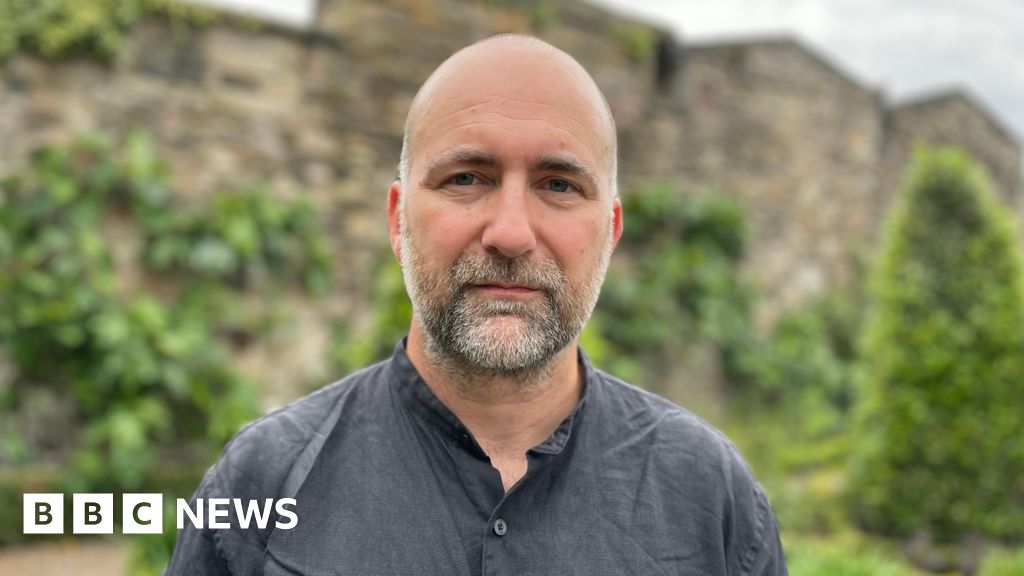Turkish president Recep Tayyip Erdoğan signalled a move to more orthodox economic policies as he unveiled sweeping changes to his cabinet, revamping his financial team and replacing an interior minister known for his hardline rhetoric.
Erdoğan shook up several top departments, announcing new finance, foreign and interior ministers in a speech late Saturday.
The appointments come less than a week after Erdoğan clinched a victory in one of the most hotly contested elections since he became Turkey’s leader two decades ago. The presidential election, which went to a runoff after Erdoğan failed to clinch half the vote in the first round, showed that while the president retains robust support among his base, his popularity has taken a hit because of Turkey’s deepening economic woes.
The broad changes announced on Saturday, in which only two ministers from Erdogan’s previous cabinet remained, come ahead of next year’s municipal elections in which the president’s Justice and Development party will seek to wrest back control of Istanbul and Ankara, Turkey’s two biggest cities.
“The century of Türkiye has begun, and the doors of our country’s growth have been opened,” Erdoğan said in an inauguration speech hours before he announced his new cabinet, an allusion to how the Turkish republic will soon celebrate its first centenary.
Erdoğan’s decision to bring back Mehmet Şimşek, a former deputy prime minister and finance minister who is well regarded by investors, as finance and treasury chief is one of the clearest signs yet that Erdoğan may change course on the unorthodox economic policies that many blame for sending the lira to record lows and igniting an acute inflation crisis.
The choice of Cevdet Yilmaz, who has previously held senior economic roles in the Turkish government and parliament, for vice-president was also seen by analysts as a sign of a potential shift in policy.
The appointment of Yilmaz shows “Erdoğan’s priority is the economy and there will be a shift from the economy policies, which is positive for Turkey, but cabinet changes [alone] will not be enough,” said one economist who asked not to be named.
Şimşek’s predecessor Nureddin Nebati pursued a “lira-isation” strategy in which the government has undertaken an ever-widening number of measures to push businesses and consumers not to hold foreign currency. The policies, combined with a sharp fall this year in Turkey’s foreign currency reserves, have deepened the concerns of foreign investors who fled the country’s markets in recent years.
Another significant change was replacing Süleyman Soylu, who is known for his tough talk against the west and called May’s elections an attempted western “political coup”, as interior minister. He will be succeeded by Ali Yerlikaya, governor of the Istanbul province.
“Soylu was problematic and toxic,” said Wolfango Piccoli at consultancy Teneo, noting that he took a strongly anti-western and particularly anti-American stance that “antagonised a lot of people”.
On the foreign policy front, Erdoğan switched out his long time foreign minister Mevlüt Çavuşoğlu, who is well-known in western capitals. Hakan Fidan, Turkey’s national security chief, will assume the role.
Fidan will enter the role with Turkey under strong pressure from its Nato counterparts to allow Sweden to join the alliance. The country has so far resisted, insisting Stockholm takes further actions to fight terrorism first.
Piccoli said the cabinet changes appeared to be a sign Erdoğan was adopting a slightly “more moderate” stance, with a more “technocratic flare” than the previous leadership.
Credit: Source link











